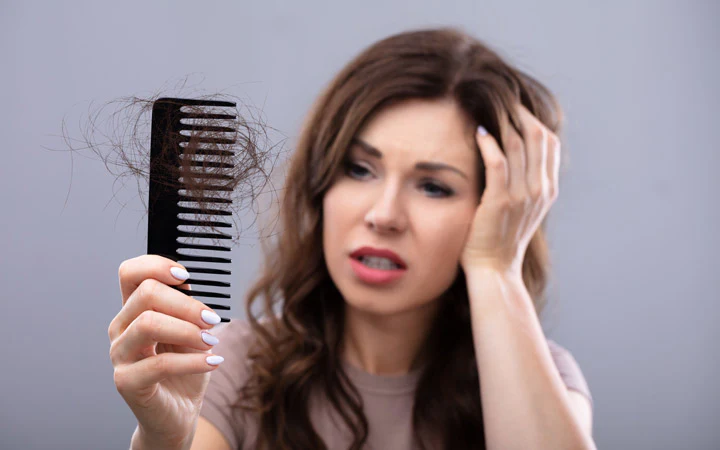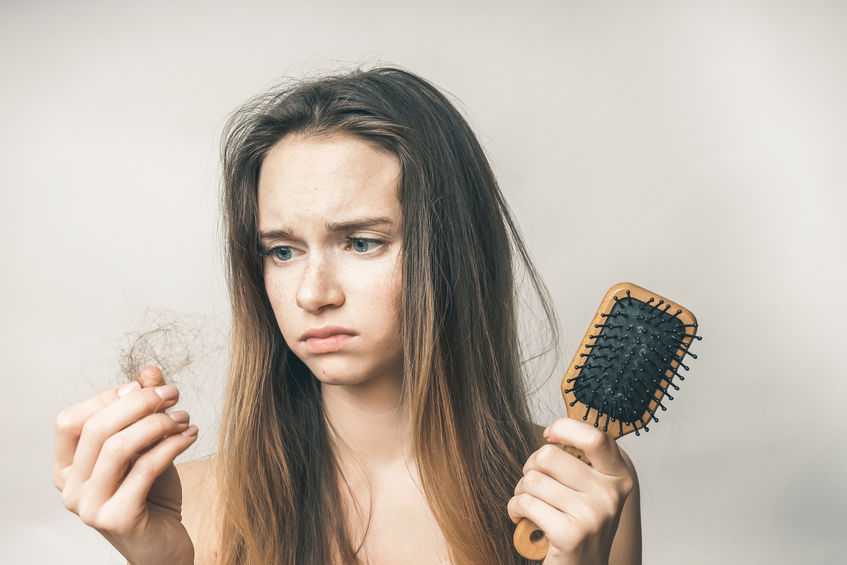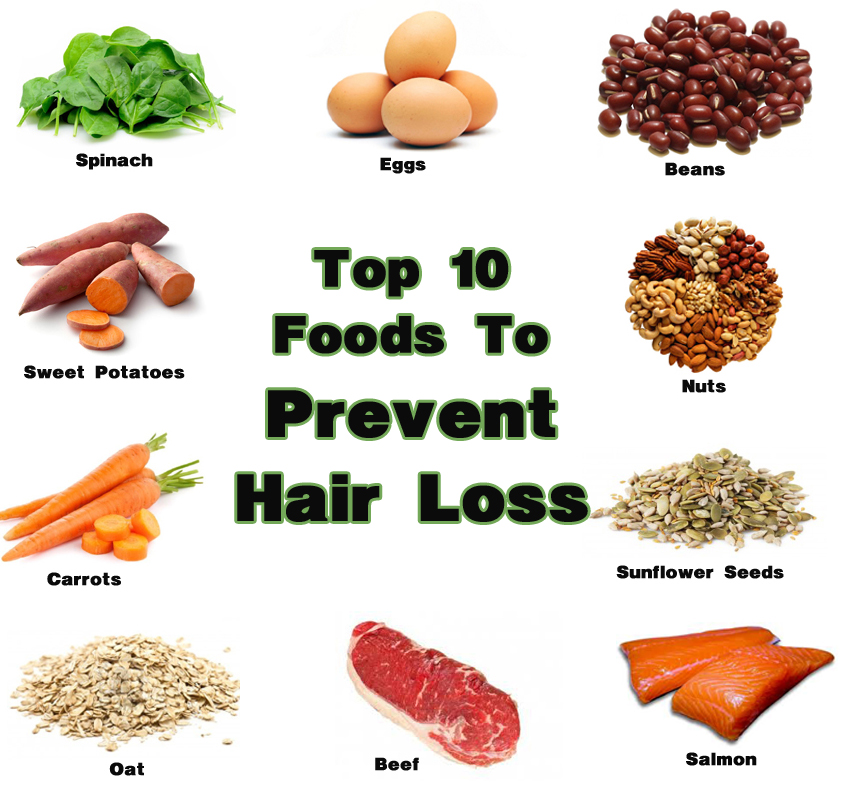
What causes hair loss and how to prevent it
Hair loss (alopecia) is quite common and can affect anyone, including children, though it is more prevalent among older adults.
According to the American Academy of Dermatology (AAD), it’s normal to lose between 50 and 100 hairs a day. With approximately 100,000 hairs on your head, this level of loss is usually not noticeable, as new hair typically replaces the lost strands. However, this process doesn’t always occur as expected.
Hair loss can occur gradually over years or suddenly. Its duration and permanence depend on the underlying cause.
This article explores the main causes of hair loss and offers insights into potential prevention and treatment strategies.

Main causes of hair loss
1. Genetic Factors
One of the most common causes of hair loss is genetics. Androgenetic alopecia, often referred to as male-pattern baldness or female-pattern baldness, is inherited and affects millions of people worldwide. This condition results in the gradual thinning of hair, usually starting at the hairline or crown of the head. For men, it typically manifests as a receding hairline or bald spot, while women may experience overall thinning or widening of the part.
2. Hormonal Changes
Hormonal changes can significantly impact hair growth and loss. Conditions such as pregnancy, childbirth, menopause, and thyroid imbalances can lead to temporary or permanent hair loss. Polycystic ovary syndrome (PCOS) is another condition associated with hormonal imbalances that can cause thinning hair.
3. Medical Conditions
Certain medical conditions can contribute to hair loss. Autoimmune disorders like alopecia areata cause the immune system to attack hair follicles, leading to patchy hair loss. Chronic illnesses such as lupus and diabetes can also affect hair health. Additionally, infections such as ringworm can damage the scalp and lead to hair loss.
4. Medications and Treatments
Hair loss can be a side effect of various medications and medical treatments. Drugs used for treating cancer (chemotherapy), arthritis, depression, and high blood pressure can cause hair shedding. If you suspect your medication is affecting your hair, consult your healthcare provider for alternatives or solutions.
5. Nutritional Deficiencies
A lack of essential nutrients can lead to hair thinning and loss. Iron deficiency, vitamin D deficiency, and inadequate levels of other nutrients like zinc and biotin can weaken hair and impair growth. A balanced diet rich in vitamins, minerals, and proteins is crucial for maintaining healthy hair.
6. Physical or Emotional Stress
Both physical trauma and emotional stress can trigger hair loss. Stressful events, surgeries, or illnesses can lead to a condition known as telogen effluvium, where hair prematurely enters the shedding phase. Chronic stress can also exacerbate other underlying causes of hair loss.
7. Hair Care Practices
Excessive use of hair styling products, heat treatments, and harsh chemicals can damage hair and lead to breakage or loss. Tight hairstyles, such as ponytails or braids, can cause traction alopecia, where hair is pulled from the scalp, leading to permanent damage if not addressed.

Preventing and Treating Hair Loss
Addressing the root cause of hair loss is essential for effective treatment. Here are some general tips to help manage and prevent hair loss:
- Consult a Professional: If you notice significant hair loss, seek advice from a dermatologist or healthcare provider to identify the underlying cause and appropriate treatment.
- Maintain a Balanced Diet: Ensure your diet includes essential nutrients for hair health. Consider supplements if needed, but consult a healthcare provider first.
- Manage Stress: Engage in stress-relief activities like exercise, meditation, or counseling to reduce the impact of stress on your hair.
- Gentle Hair Care: Avoid harsh treatments and minimize heat styling. Use gentle, nourishing hair care products.
- Medication and Treatments: For conditions like androgenetic alopecia, treatments such as minoxidil or finasteride may be recommended. In some cases, hair transplant surgery might be an option

In conclusion, while hair loss can be distressing, understanding its causes and seeking appropriate treatment can help manage and potentially reverse the condition. Early intervention and proper care play crucial roles in maintaining healthy hair and overall well-being.











